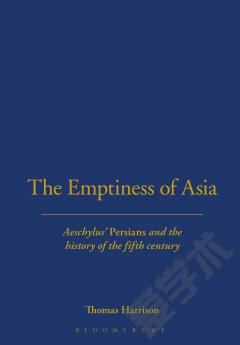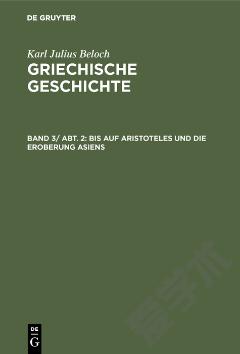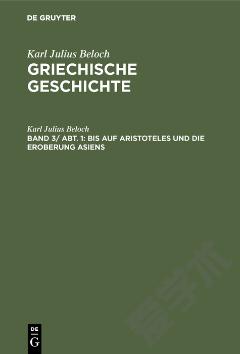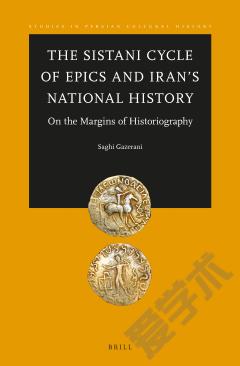The Emptiness of Asia —— Aeschylus' 'Persians' and the History of the Fifth Century
----- 亚洲的空虚:埃斯库罗斯的“波斯人”与五世纪的历史
Aeschylus' "Persians" is not only the first surviving Greek drama, it is also the ony tragedy to take for its subject historical rather than mythical events: the repulse of the army of Xerxes at Salamis in 480 BC. It has frequently been mined for information on the tactics of Salamis or the Greeks' knowledge of Persian names or institutions, but it also has a broader value, one that has often been realised. What does it tell us about Greek representations of Persia, or of the Athenians' self-image? What can we glean from it of the politics of early fifth-century Athens, or of the Athenians' conception of their empire? How, if at all, can such questions be approached without doing violence to the "Persians" as a drama? What are the implications of the play for the nature of tragedy? This book provides aims to provide both a more satisfactory reading of the "Persians" and a richer picture of fifth-century history - the history both of events and of ideology.
{{comment.content}}








 京公网安备 11010802027623号
京公网安备 11010802027623号